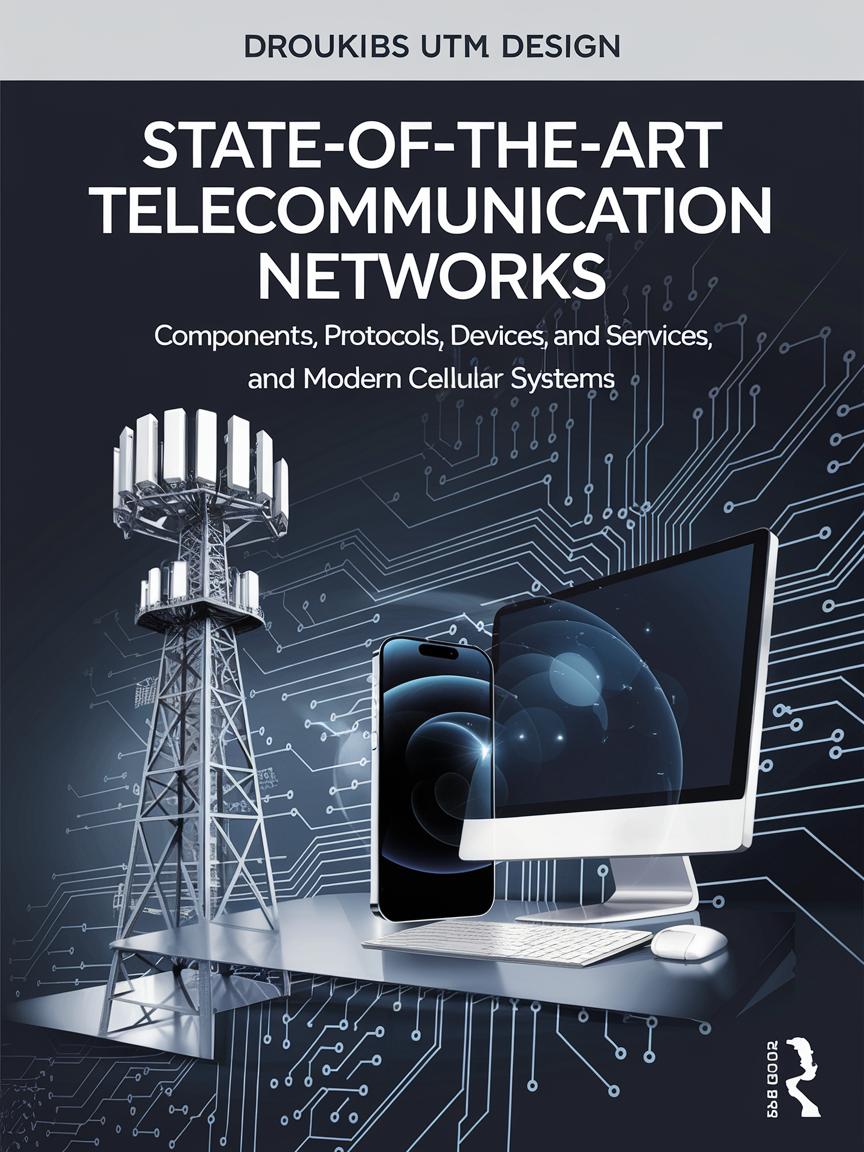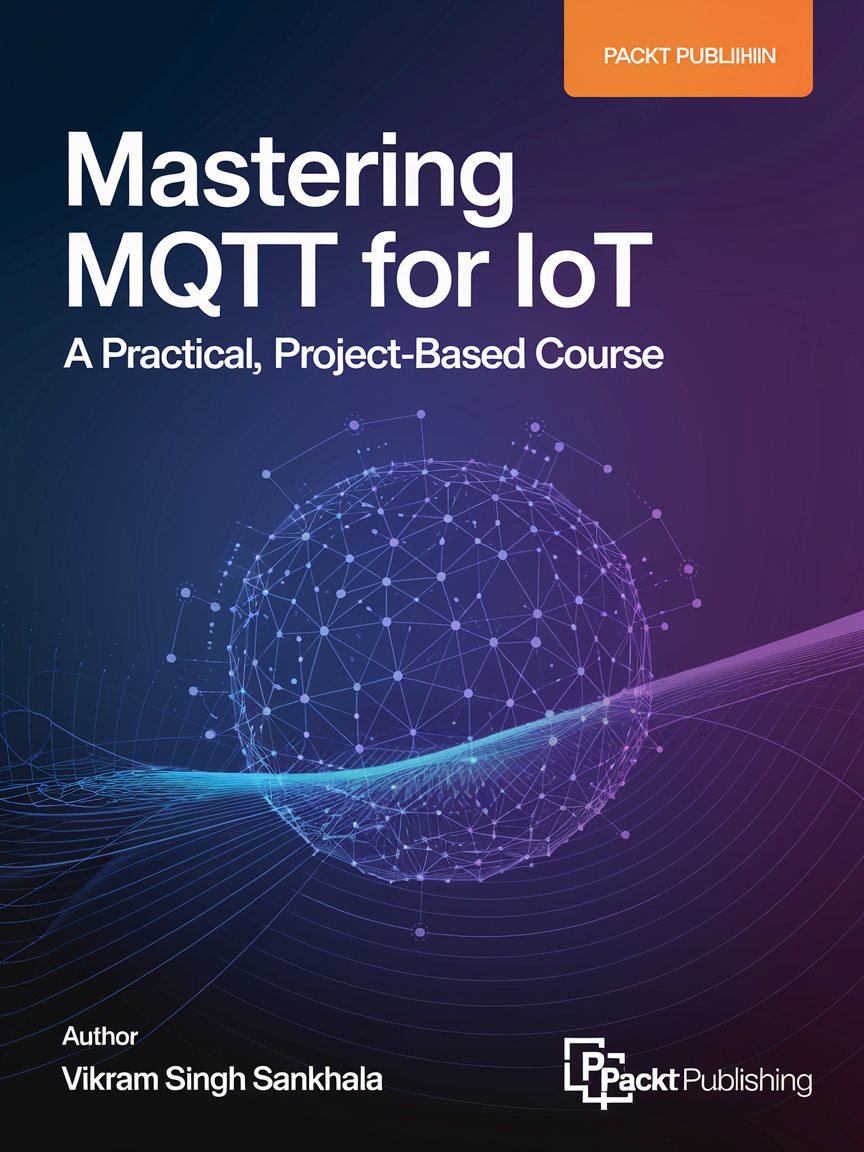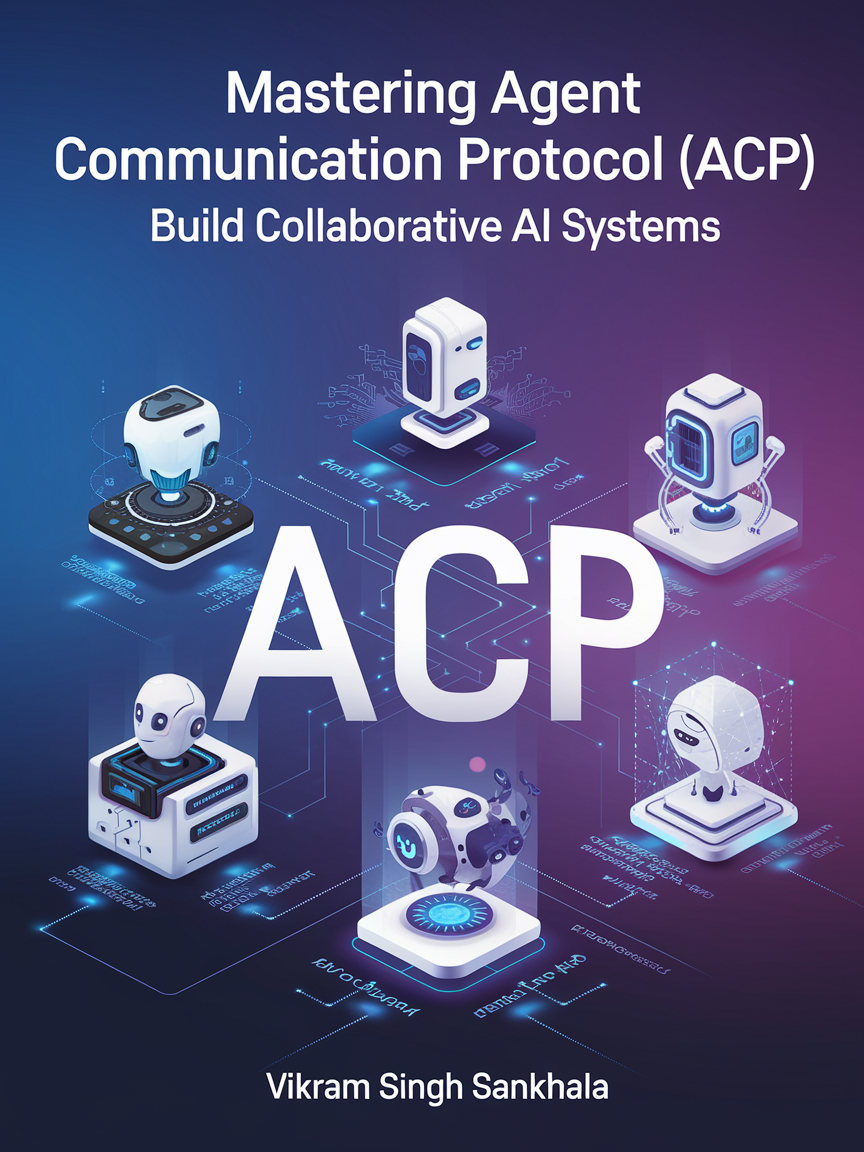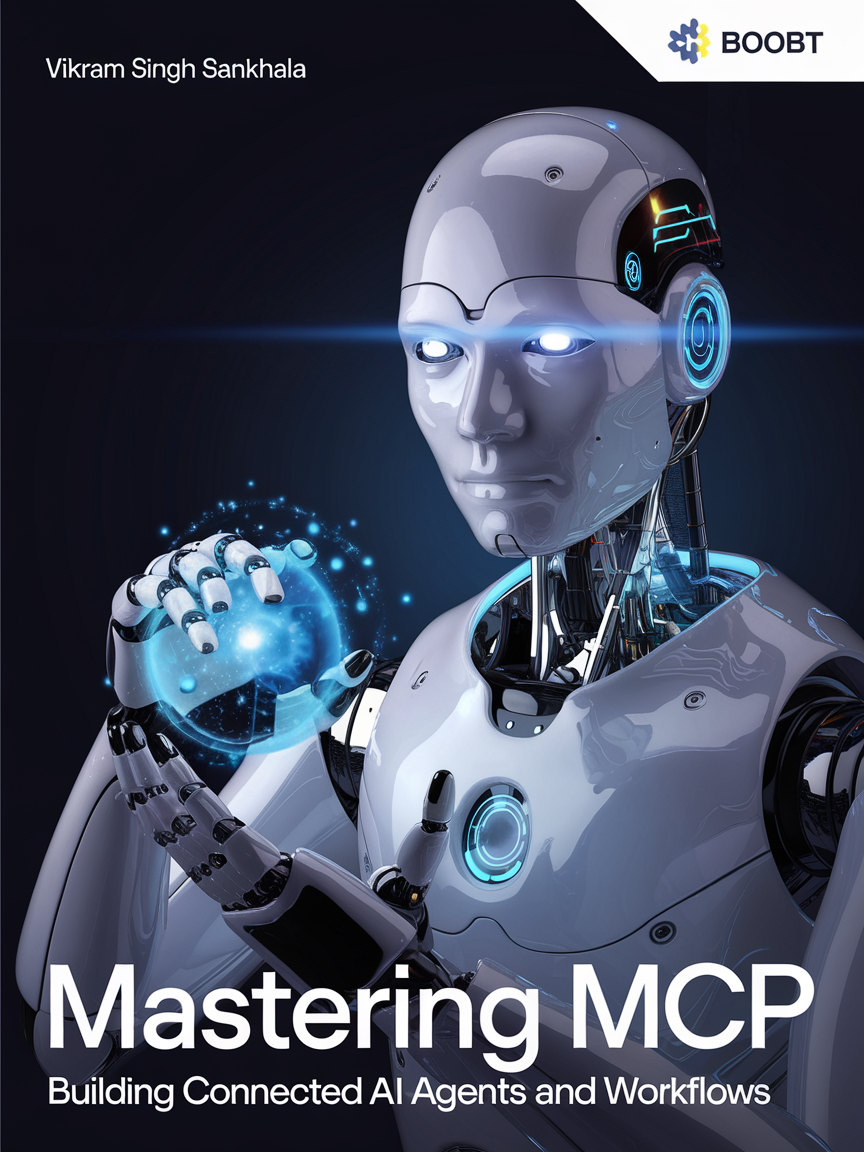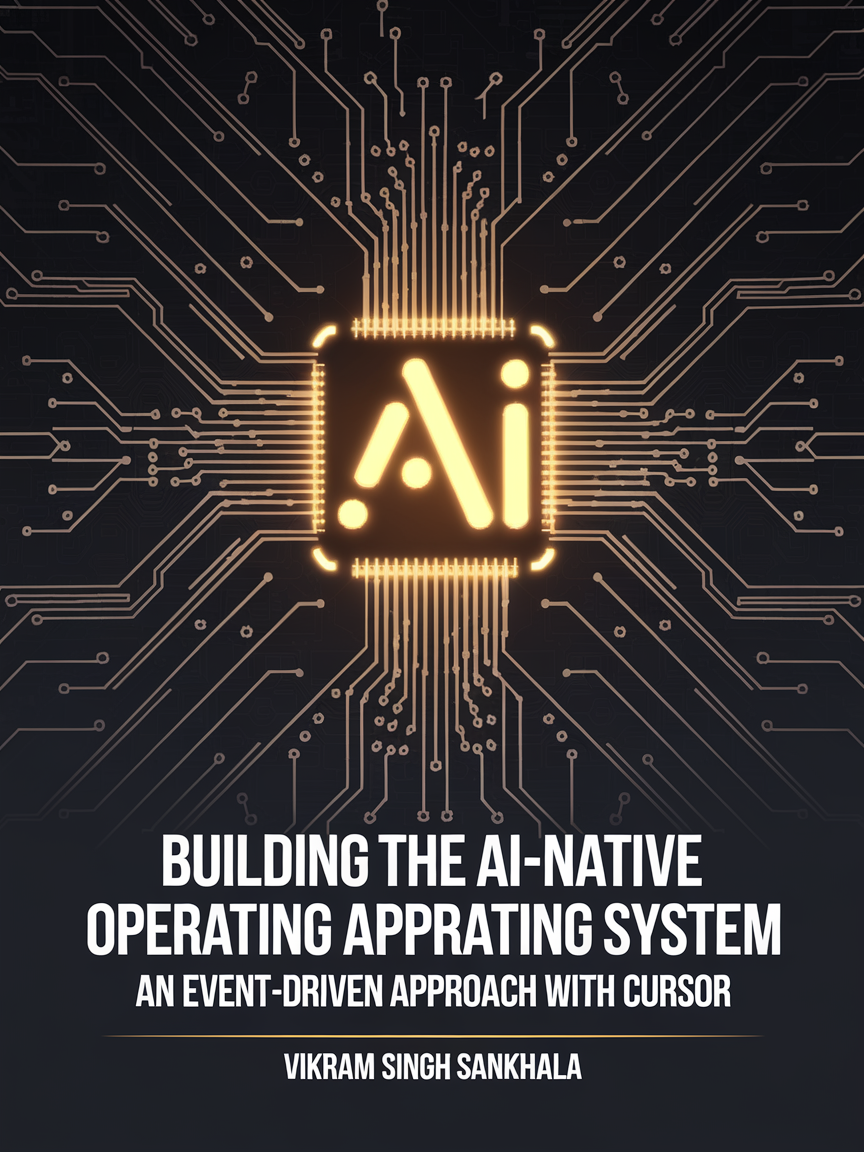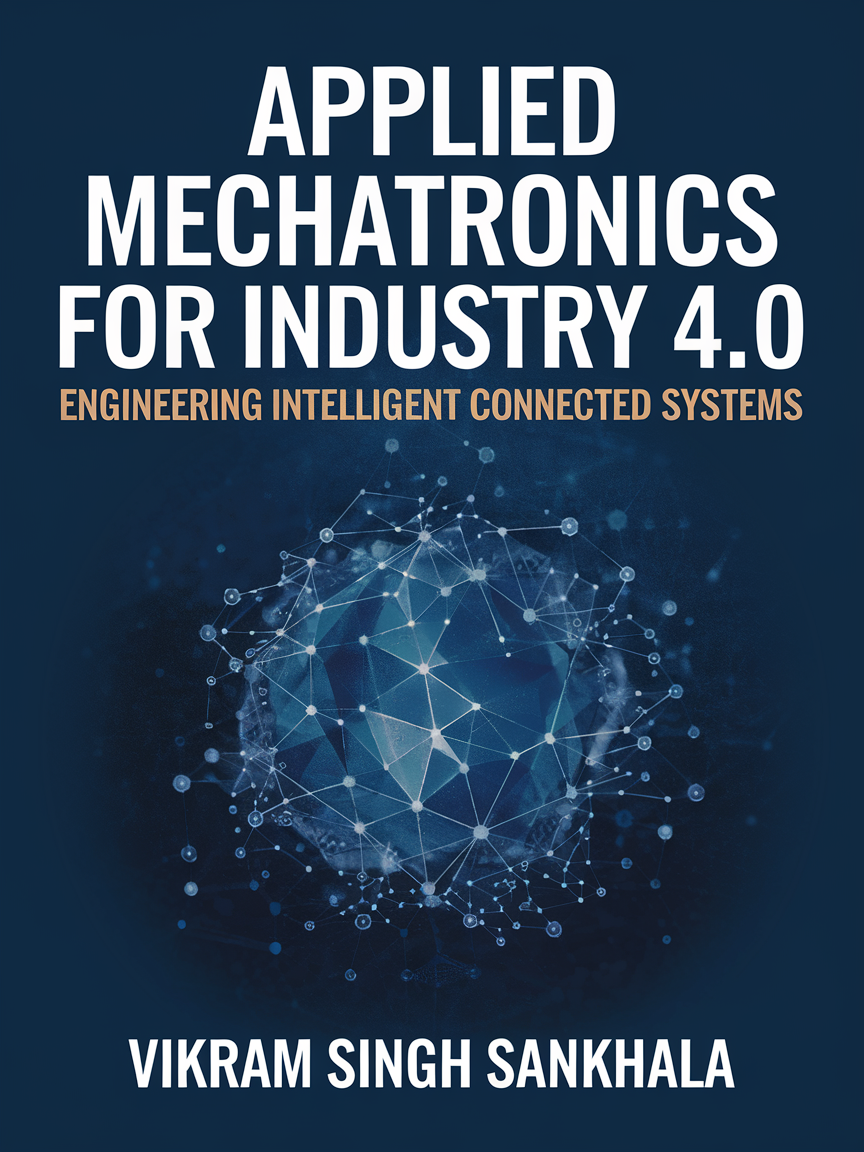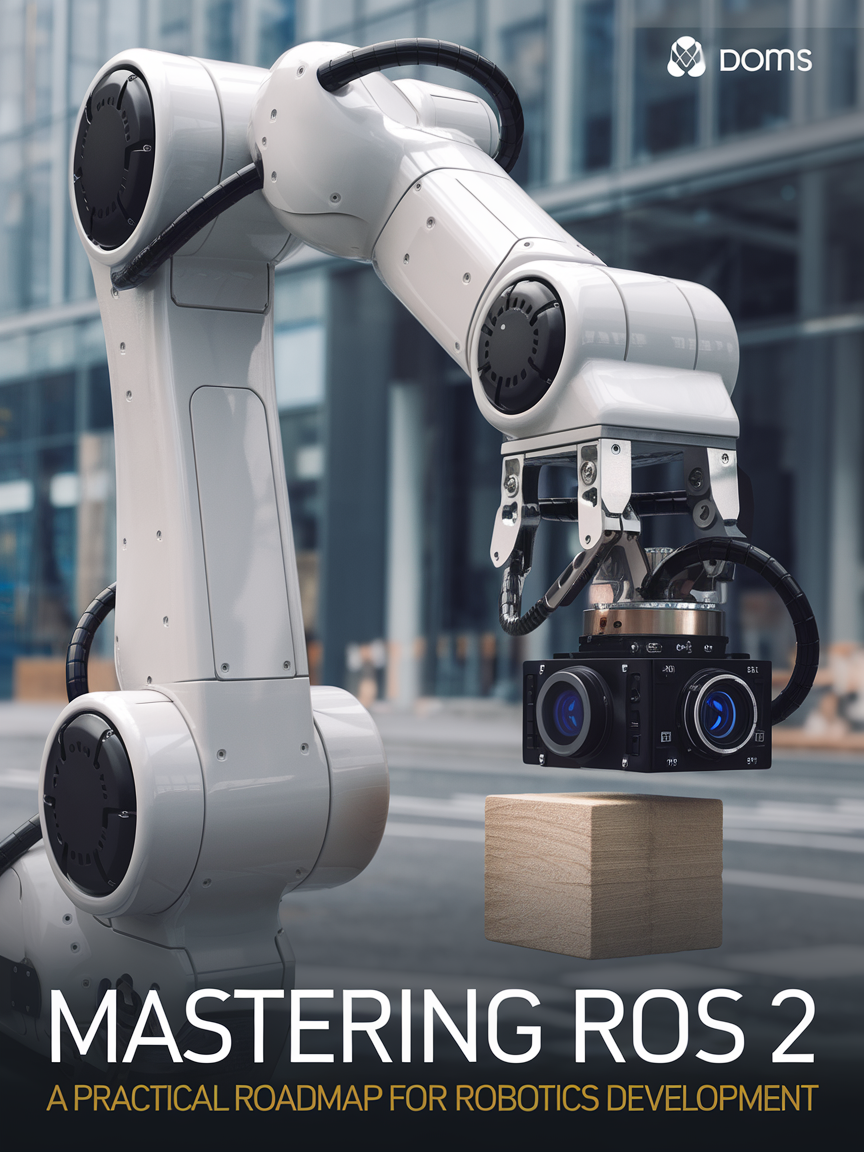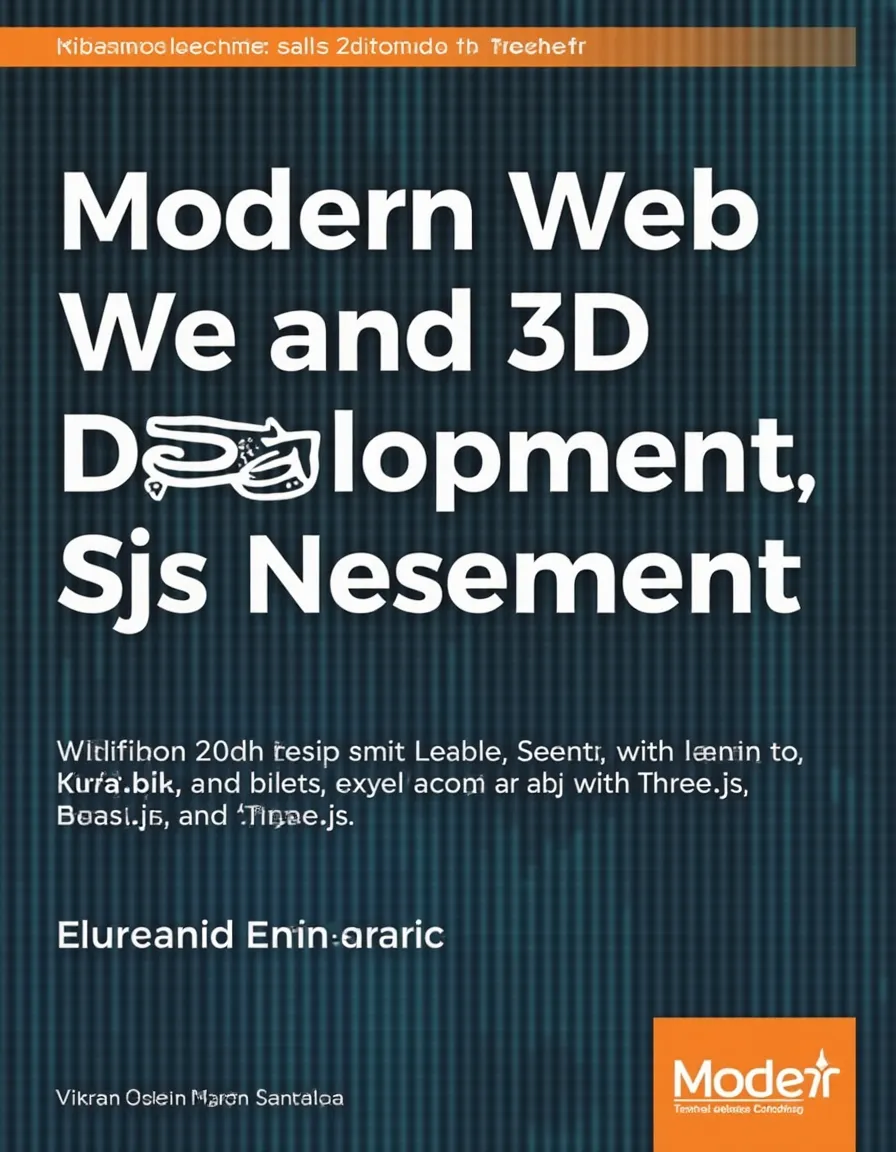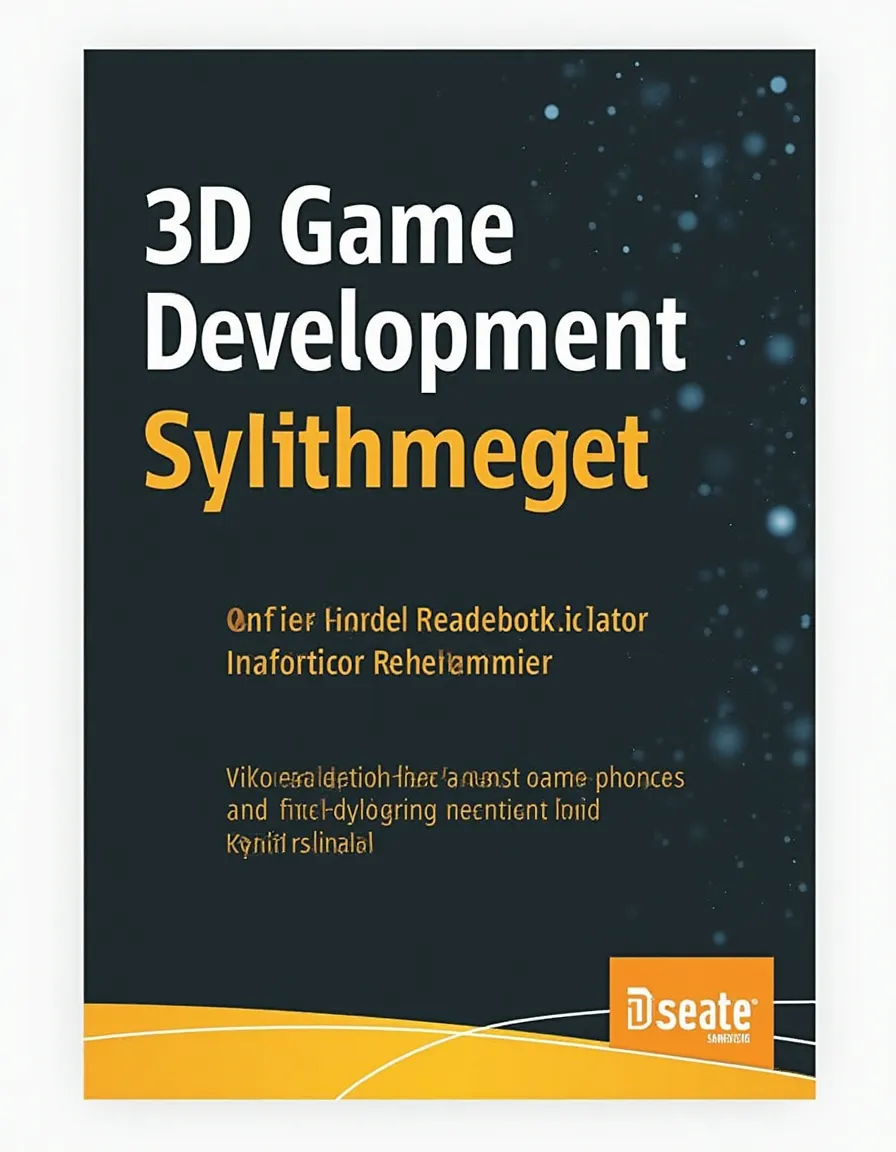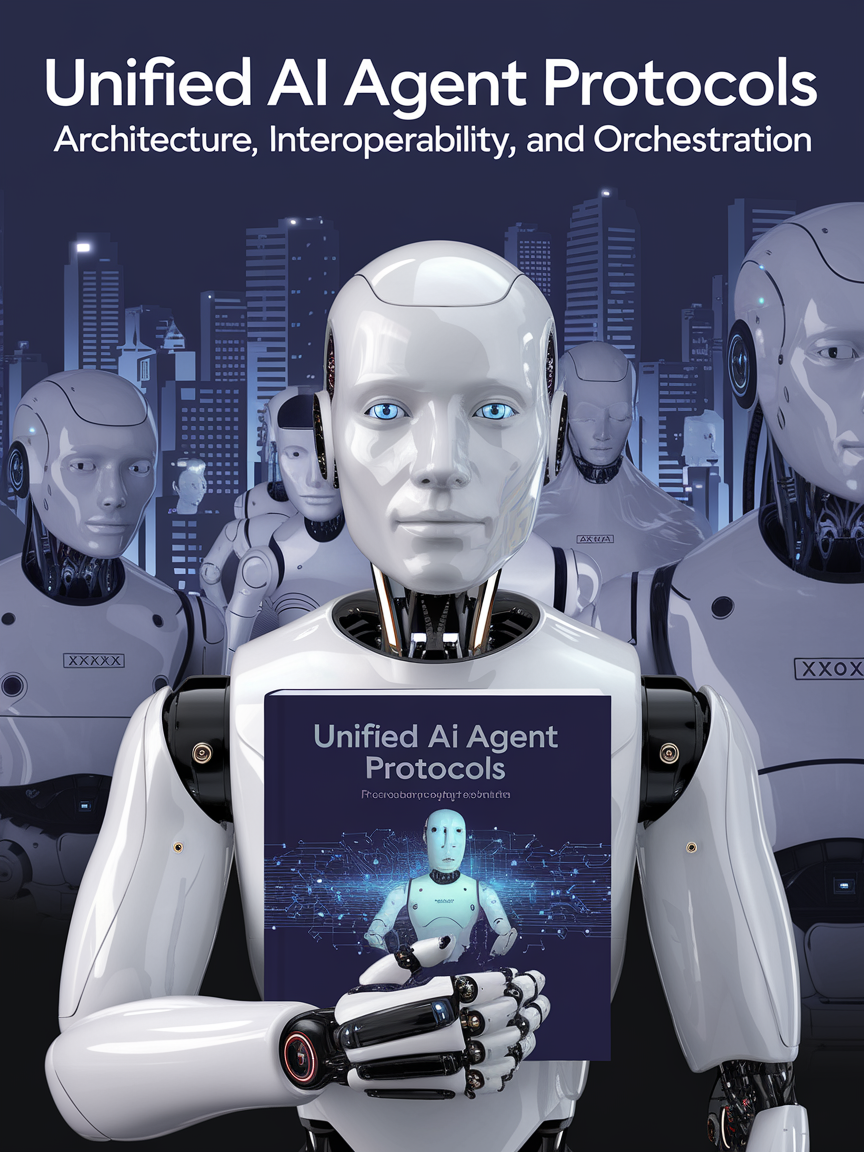
Synopsis
In 'Unified AI Agent Protocols: Architecture, Interoperability, and Orchestration,' Vikram Singh Sankhala addresses the critical challenge of fragmentation within the burgeoning AI agent ecosystem. As multiple, often incompatible, agent communication standards like MCP, ACP, and A2A emerge, developers face significant hurdles in building universal and interoperable solutions. This book provides a definitive blueprint for convergence, offering AI Engineers and Developers a practical guide to designing and implementing unified, extensible protocols for AI-native agent systems. By meticulously blending the strengths of existing standards, Sankhala empowers readers to architect robust, secure, and scalable multi-agent collaborations across diverse platforms and domains.
The core of the book focuses on establishing a custom AI-native agent protocol built upon a modular, layered architecture. Readers will delve into essential components such as identity and secure communication, meta-protocol negotiation, and application-layer functionalities like agent discovery and task orchestration. Sankhala emphasizes foundational design principles including interoperability with existing protocols (OpenAPI, JSON-RPC, REST, WebSockets), leveraging the best of MCP for context integration, A2A for collaboration, and ACP for local-first operation. The text also details crucial aspects of extensibility, security, and ease of deployment, providing actionable steps from architecture blueprints and core component prototyping to bridging existing standards and developing reference SDKs. Ultimately, this guide equips technical professionals with the mastery needed to overcome real-world challenges, foster universal interoperability, and drive the evolution of agentic AI for significant real-world impact.
Unified AI Agent Protocols: Architecture, Interoperability, and Orchestration
English
